At noon on June 25, 2025, the 82nd session of the Youth Academic Workshop on International Studies of Fudan University (YAWIS Fudan), organized by the Institute of International Studies, Fudan University (IIS Fudan), was held in Conference Room 324 of the Wenke Building. The session, titled “Challenges and Countermeasures of East Asian Maritime Security: Analysis of International Law,” featured a presentation by Professor Emeritus Kim Hyunsoo from Inha University Law School. The event was moderated by Professor Qi Huaigao, Vice Dean of the IIS Fudan, with Associate Professor Xue Song from the IIS Fudan and Associate Professor Esther Song from the Department of Government at the University of Bergen, Norway, serving as discussants. Participants in the discussion included Professor Zheng Jiyong of the IIS Fudan, Associate Research Curator Zhu Qin of the IIS Fudan, Associate Professors Guo Yicheng and Wu Xianhua from the Department of Korean Language and Literature at the College of Foreign Languages and Literature, Fudan University.
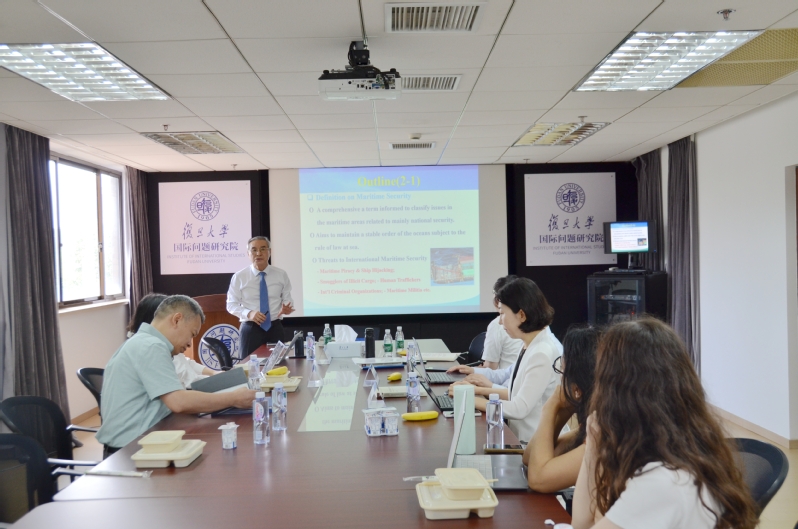
(The 82nd YAWIS Fudan)
Professor Kim began by outlining the primary maritime security challenges facing East Asian countries. He discussed issues including passage conflict, maritime boundaries, Air Defense Identification Zones (ADIZ), fishing issues, sovereignty over an island, and the protection of SLOC as a chokepoint. He noted that states diverge in their interpretations of terms and provisions in the United Nations Convention on the Law of the Sea (UNCLOS), and that tensions often arise in harmonizing domestic law with international law. Variations in national interests, security conditions, political regimes, and military capabilities further complicate maritime interactions among states. In response to these complexities, Professor Kim advocated for more flexible and cooperative approaches to dispute resolution, such as the establishment of Joint Development Zones (JDZs) and Regional Fisheries Management Organizations (RFMOs).
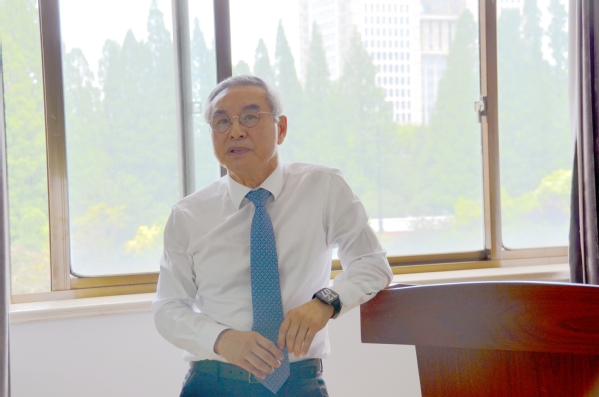
(Professor Kim Hyunsoo as the speaker of the 82nd YAWIS Fudan)
From the perspective of international law, Professor Kim analyzed the governance challenges East Asian nations currently face in the maritime domain. He emphasized the importance of international legal frameworks - bilateral and multilateral treaties, maritime security alliances, mutual defense treaties, codes of conduct, declarations on state behavior, security cooperation agreements, and joint naval exercises. He also highlighted pressing maritime security issues requiring international legal review, including military activities in Exclusive Economic Zones (EEZs), maritime terrorism, piracy and armed robbery at sea, port state control, ship safety, drug trafficking, and illegal migration. According to Professor Kim, addressing these challenges demands both political will and legal commitment from states, as well as a collective effort by the international community to uphold public order on the high seas.
Professor Kim further elaborated on how international law can provide solutions to maritime security challenges. He discussed how to construct public order at the sea, maintain maritime security, build global maritime security partnerships, and the potential establishment of a Maritime Security Trust Fund. These measures, he argued, are essential for stabilizing the oceanic legal order, enhancing multilateral cooperation, and ensuring the safety and openness of the seas.
During the Q&A session, experts and scholars engaged Professor Kim on topics including maritime delimitation in East Asia, the maintenance of maritime security and stability in the region, and the role of UNCLOS. Professor Kim responded by stating that a state’s recognition of UNCLOS does not necessarily translate into full compliance in practice. Ideally, international and domestic law should complement each other, and states should integrate international legal commitments into their national legal systems. He acknowledged the inherent ambiguities within international law, which often stem from the need to accommodate the diverse interests of participating states. This, he explained, necessitates diplomatic flexibility and compromise during treaty negotiations.
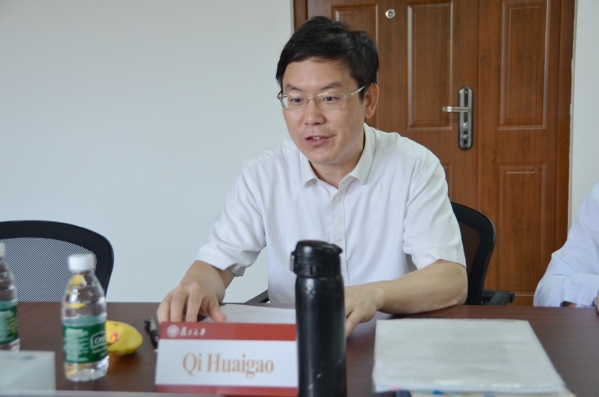
(Professor Qi Huaigao as the moderator of the 82nd YAWIS Fudan)
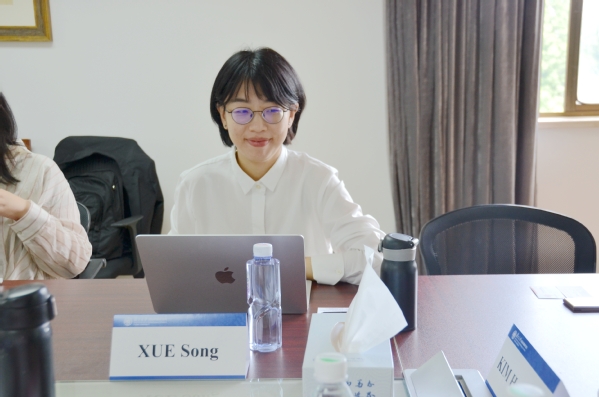
(Associate Professor Xue Song as the discussant of the 82nd YAWIS Fudan)
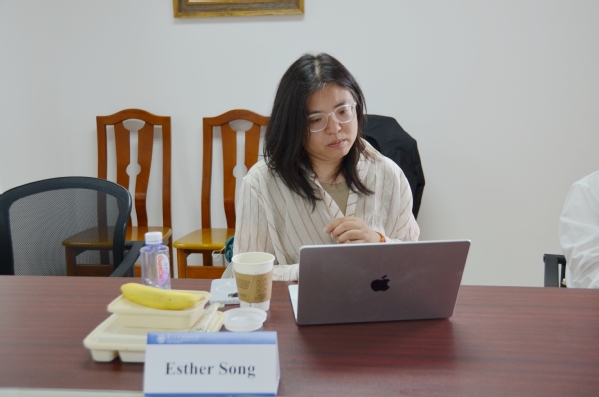
(Associate Professor Esther Song as the discussant of the 82nd YAWIS Fudan)
Following the lecture, Professor Kim visited the IIS Fudan Library.
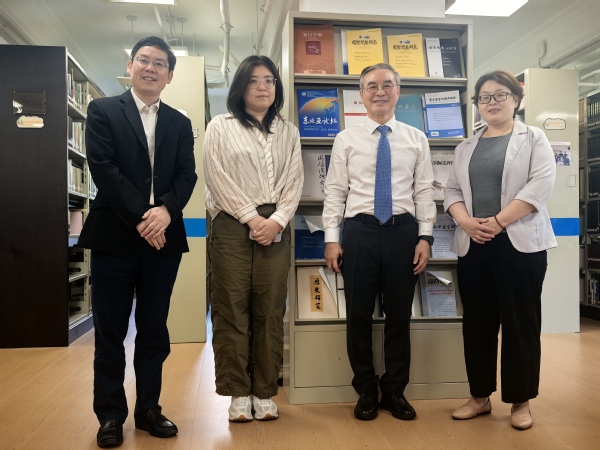
(Group photo of Professor Kim’s visit to the IIS Fudan Library, from left to right: Qi Huaigao, Esther Song, Kim Hyunsoo, Zhu Qin)
About the Speaker: Professor Kim Hyunsoo is Professor Emeritus of International Law at Inha University Law School, Director of the Korea Center for International & Maritime Studies, and Honorary President of the Hydrography Society of Korean. He holds degrees from the Korea Naval Academy, Seoul National University (LL. B. & LL. M.), and the University of Wales (Ph. D.). He has served as legal and policy advisor to the Ministry of Foreign Affairs, Ministry of Oceans and Fisheries, and the Korea Coast Guard. His research focuses on maritime boundary delimitation, island sovereignty, legal status of maritime features under international law, and maritime security.






